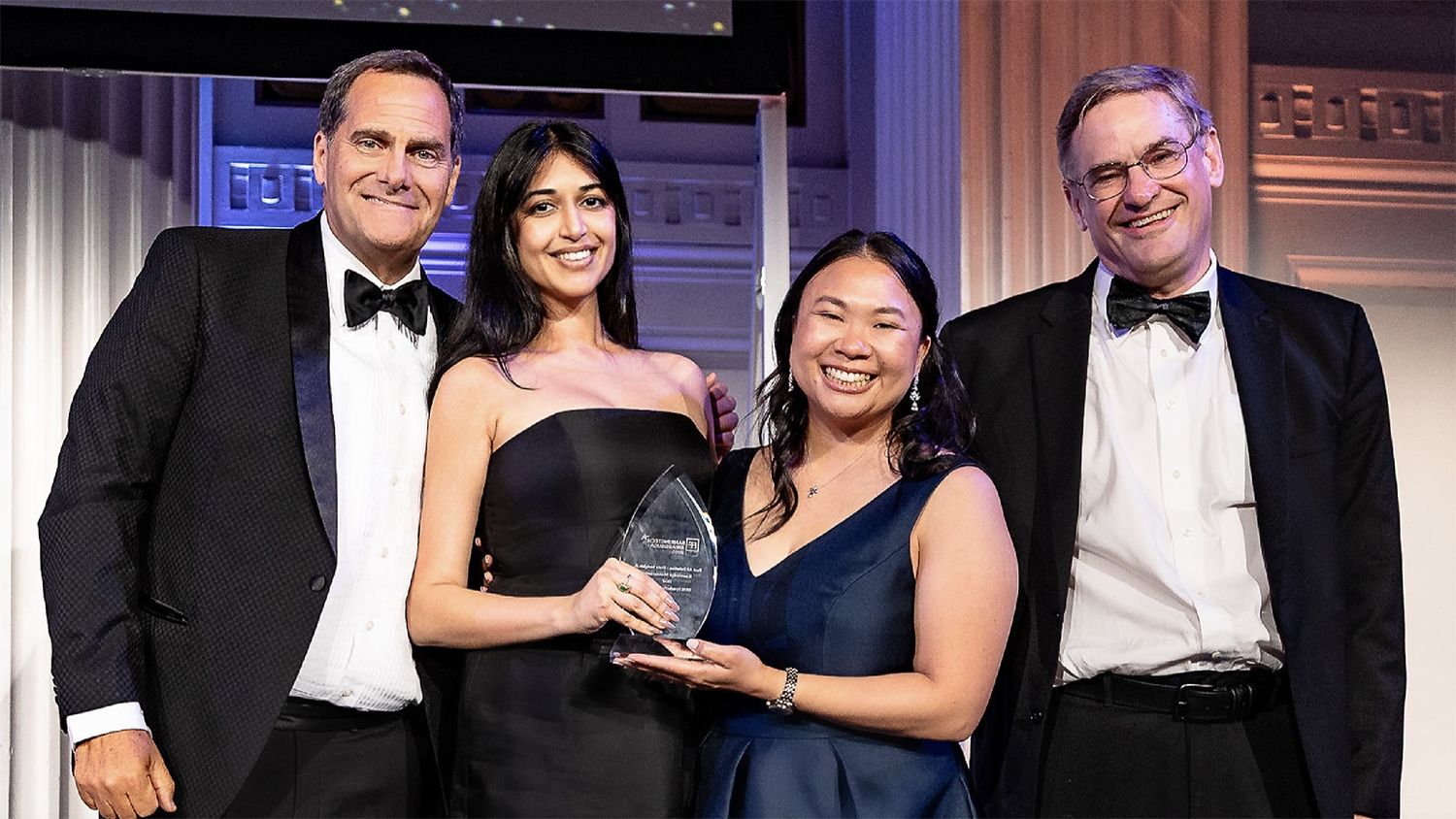Matthew Peterson named University Faculty Scholar
Matthew Peterson is an associate professor of graphic & experience design and one of 22 educators institution-wide chosen as part of the 2023-2024 NC State University Faculty Scholars cohort. The program, begun in 2012 by Chancellor Randy Woodson, recognizes and rewards emerging academic leaders who demonstrate significant academic achievement. Once selected, faculty carry the title for the duration of their appointment.

Peterson joins the 236 faculty who have been selected for the program since its inception. His scholarship, teaching and research revolves around developing new standards for visual representation in emerging technologies and helps demonstrate the value of design in multidisciplinary inquiry.
As part of his commitment to interdisciplinary research, Peterson has engaged with other principal investigators in engineering and education to develop Scale Worlds, a virtual reality (VR) environment that enables users – especially students – to explore dramatic differences in scale. Through their work, middle school students have traveled among 21 distinct “scale worlds” separated by powers of ten, encountering entities such as viruses, insects, and stars.
Peterson is working on the $1.4 million NSF grant with Karen Chen (Engineering) and Cesar Delgado (Education) to help students improve their understanding of scientific entities as small as atoms and as large as nebulae.
Scale Worlds allow users to “shrink and grow.” Watch a short video on Scale Worlds below.
“From a STEM-education perspective, a big part of it is trying to find these meaningful moments to make these transitions apparent to students so they can have a rich experience that they can map on to the scientific representations and concepts they’re seeing,” Peterson said.
Throughout the project, the co-PIs’ expertise has informed the diverse set of project outcomes – from usability testing, multi-platform technologies, educational testing and outreach, and a new method for design development called function mapping. “This process carefully tracks granular design decisions back to theoretical assertions in literature, and can help ensure that the theoretically desirable functionality is preserved when equivalent products are created across dissimilar platforms,” he says.
In addition to Scale Worlds, Peterson’s research is collaborative closer to home, where he is working on a $210,000 Department of Defense (DoD) grant with colleague Helen Armstrong to develop ways to visually communicate uncertainty in AI outputs.
Working with the outputs of large language models (LLMs), Peterson and Armstrong, along with research assistants Ashley Anderson (PhD) and Kayla Rondinelli (MGXD), are hoping to understand the uncertainty present in LLMs and develop visual conventions to signal that level of uncertainty via user interfaces. The success of the project would allow intelligence analysts to investigate claims using human-machine teaming and allow the analysts to deepen their ability to trust AI-gleaned information.
Despite the success of these grants, Peterson reflects on the time and commitment that goes into proposals that aren’t chosen. “I feel appreciative and fortunate to have been selected [for this recognition],” says Peterson. He is honest with his graduate students about the value of projects like these, because faculty apply for grants, often putting in months of work, only to be declined. “Much of what is most highly valued is so precisely because success is unlikely. Occasional validation along the way helps you persevere,” he adds.
Peterson helps his students navigate their roles as future academics in his Scholarship and Academia class. Through the course, he hopes to replace student misconceptions about the nature of evidence-based research and peer-reviewed scholarship with the motivation to better integrate design into the research universities that may one day become their employers.
“I believe that both humility and pride are necessary for us to truly have a seat at the table in high-leverage interdisciplinary and STEM inquiry — humility in what we don’t know, and pride in what we’re capable of,” he says. “I hope to contribute, both directly through my research and indirectly through my teaching, to a more productive integration of design in the research university.”

- Categories:


